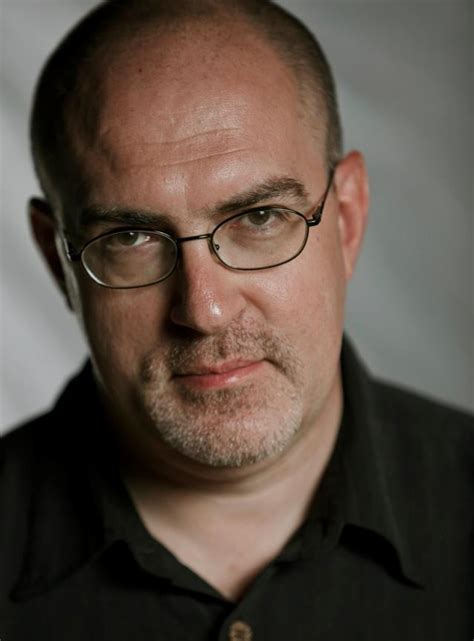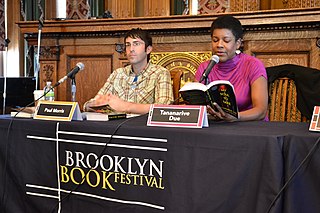A Quote by Jeffery Deaver
Of course, all writers draw upon their personal experiences in describing day-to-day life and human relationships, but I tend to keep my own experiences largely separate from my stories.
Related Quotes
I read a ton of nonfiction. I tend to read about a lot of very extreme situations, life-or-death situations. I'm very interested in books about Arctic exploration or about doomed Apollo missions. I tend to read a lot of nonfiction that's sort of hyperbolic and visceral. And then I kind of draw on my own personal experiences and my own sort of generic life experience, and I kind of try to feed my day-to-day reality that I have with sort of high stakes reference points that I read about. They're things everyone can relate to.
I believe that you become yourself every single day of your life through your choices and how you think. And that's constantly changing every day... You are constantly changing, evolving through your experiences, how you interpret your experiences, and how you choose to do things in the future based on those experiences... Being yourself means you think with your own mind, and you make your own choices and that makes you you.
I think what happens in a religious life is that we have those experiences of affirmation and that one starts to live a Christian life or a Jewish life or a Muslim life or a Buddhist life, by affirming that affirmation each day. Each day you say 'Yes' to that Yes. So the life of being a Christian for example, is always a life of double affirmation, that you each day say 'Yes' to those counter-experiences of saying 'Yes', even when you're not experiencing them at that time, you're remaining loyal to that experience.
If you read a book about school - someone else's book - you always translate it into your own school experiences. It's describing the student: he's bewildered and lost in a large crowd in a university classroom. You'll visualize that from your own experiences. So, everything you know is what you're really writing.







































